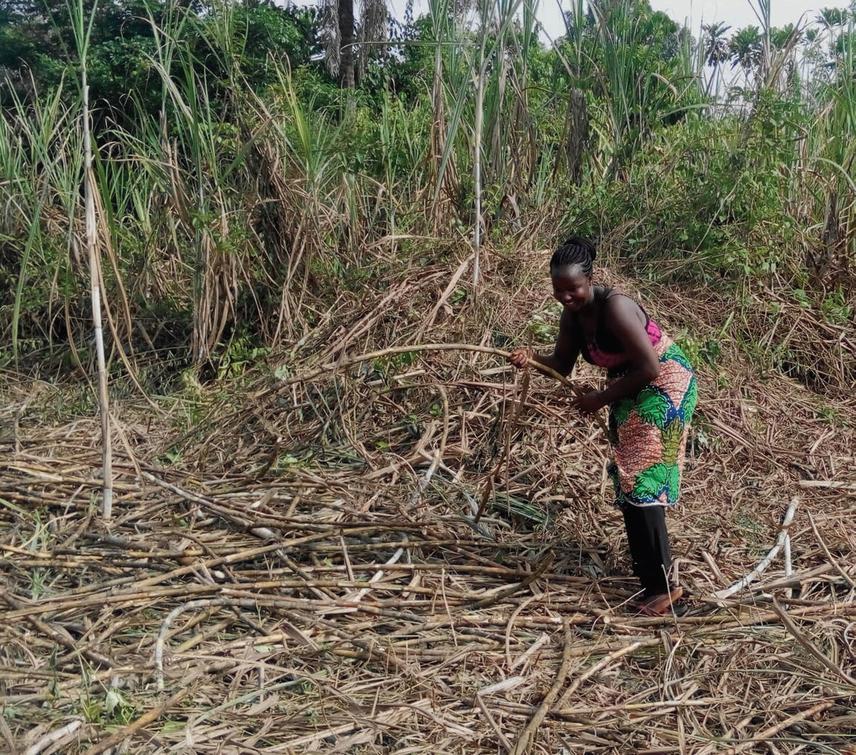Julie Weah
Other projects
24 Jun 2008
Enhancing the Participation of Women in Natural Resource Management in Grand Bassa and Rivercess Counties, Liberia
24 Mar 2010
Continuation of Enhancing the Participation of Women in Natural Resource Management in Liberia
The project aims to increase the capacity of women through training and organizing them into formal structures to engage and collaborate with stakeholders on conservation, environment and natural resources.
The project builds on the successes and challenges of previous work carried out by FCI with women in Rivercess and Grand Bassa Counties. As large scale logging and plantation have just begun in the propose project areas, women active participation in decision making about land and natural resources are essential if they must benefit from the management of these natural resources.

Activities of the project include holding four (4) community forums to bring rural women together to discuss their roles and responsibilities natural resources management and development issues, Deliver four (4) development education workshop for 80 women focusing on leadership, development as well as advocacy, networking, communication and negotiation skills, facilitate the transforming of trained women into Women Conservation Groups (WCGs) for joint activities and networking amongst other women groups. The project will also hold follow up meetings to monitor and provide on the spot coaching to women participating in the project activities. This will include women and women groups in Grand Bassa and Rivercess Counties for backstopping, preparing for FCI’s exit and program sustainability.
Women are the major users of the forest. Their activities depend heavily on the land which gives them so much control of it. Their participation at every level of the decision making in the sustainable management and conservation is crucial to the long term sustainability of biodiversity and conservation and at the same time reduce marginalization and improved livelihoods.
The activities of the project will increase and strengthen the participation of women and widen the coverage of the program. It will create the opportunity for women in these counties will to discuss, analyse and increase their understanding of the negative impacts of degradation on forest and assist them to continuously engage other stakeholders for the wise use of the natural resources.
By replicating the project activities, women groups will share information regularly, take collective and joint action to improve their livelihood and participation in forest and related development issues in their counties and communities.